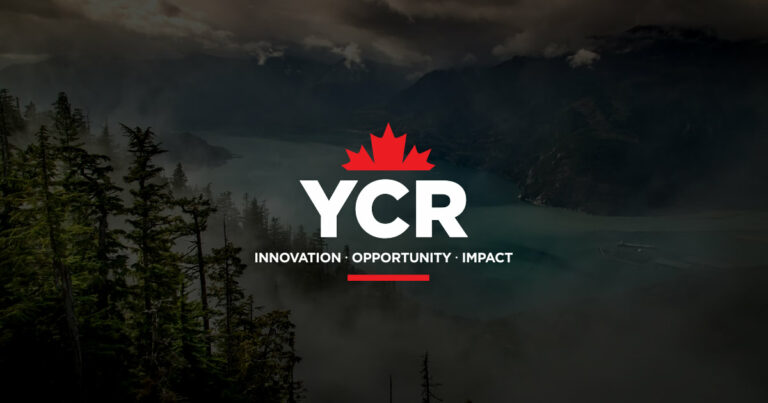
Lumber Wars: The 4-1-1 on Canadian Wood
As Canada continues to battle with the United States (U.S.) over tariffs, another natural resource has come into the spotlight amidst the trade war: lumber.

Forestry careers are great for those who have a passion for protecting and managing Canada’s natural resources. However, it can be difficult to know how to move forward with your professional development or where to start. This blog post will go over some tips for starting a successful career in the Canadian forestry sector.

Identifying your career interests early on can help you make more certain decisions in future steps in your professional development journey. Career development tools such as RBC Upskill provide a personalized career development journey that includes the required education, skills, and certifications to achieve your ideal career in the forestry sector.
Project Learning Tree Canada also has a Green Jobs Career Personality Quiz to help jobseekers identify rewarding forestry career paths that align with their personal interests.
While some forestry careers only require a high school diploma, many forestry careers either require an associate’s or bachelor’s degree. There are various academic programs that forestry jobseekers can enroll themselves in such as the Urban Forestry Program at the University of British Columbia.
For forestry students who want to advance their education beyond a bachelor’s degree, there are multiple master’s and PhD forestry programs such as the University of New Brunswick’s Master of Forestry However, the majority of forestry careers do not require a master’s degree or Ph.D.
One of the most valuable ways to improve your career prospects is to find work experience within the forestry sector. While there are common job boards that help with looking for forestry work such as LinkedIn and Indeed, these employment platforms can be overwhelming to use because of the high volume of applicants and bias towards highly-skilled professionals. Fortunately, there are more personalized and less competitive platforms to find job opportunities. The Canada Summer Jobs Program is a government work placement program that helps youth aged 15-30 gain work experience.
There are also environmental organizations that promote many forestry job opportunities. Non-profit organizations such as the Green Career Centre offer career development resources such as the Wage Subsidy Tool, a resource that provides work-integrated learning opportunities for environmental job seekers. There are also green job boards that provide opportunities in forestry such as GoodWork and the Greenest Workforce.
For undergraduate forestry students, many universities offer co-op programs that allow students to gain work experience for work terms that are longer than summer jobs.
Joining a forestry mentorship program means that you will be paired with a mentor that can provide you with support and guidance to navigate your career path. Many undergraduate forestry programs offer mentorship programs, such as the University of British Columbia’s Tri-Mentoring Program.
Many mentorship programs host orientation and end-of-year events, which can help you expand your professional network and increase your chances of finding employment in the forestry sector. Other mentorship programs such as the Green Mentorship Program offered by Project Learning Tree Canada can also help you expand your forestry and conservation knowledge and define your career goals.

Applying for forestry scholarships and bursaries can help forestry students finance their education. Moreover, many scholarships also offer career development resources and professional development opportunities in addition to monetary gains. Organizations such as Tree Canada and Paddle Canada offer and promote bursaries and scholarships such as the Urban Forestry Student Bursary and the Bill Mason Memorial Scholarship. Project Learning Tree Canada also has a list of scholarships for forestry students to apply for.
Attending networking events and career fairs can help you expand your professional network and increase the likelihood of finding a job in forestry. These events provide you with the opportunity to talk to employers about your career interests and express your passion for working with a forestry company/organization.
Professional forestry organizations and associations offer various scholarships, networking opportunities, and course certifications to support forestry students’ education and career development. They also advocate for public awareness and education surrounding issues within the Canadian forestry sector. Professional forestry organizations such as the Canadian Institute of Forestry offer memberships to forestry students. Members can gain access to workshops, conferences, and other professional development opportunities.
Sign up for updates about our work at YCR. Please sign up using a personal email and not a work or school email if possible.
"*" indicates required fields

As Canada continues to battle with the United States (U.S.) over tariffs, another natural resource has come into the spotlight amidst the trade war: lumber.

Sovereign Wealth Funds (SWFs) are government-back or government-sponsored investment funds made up of money generated through the government, typically comprising a country’s surplus of reserves.

Are you interested in a career in forestry but are not sure which one may be right for you? The Canadian forestry sector has a diverse range of careers spanning